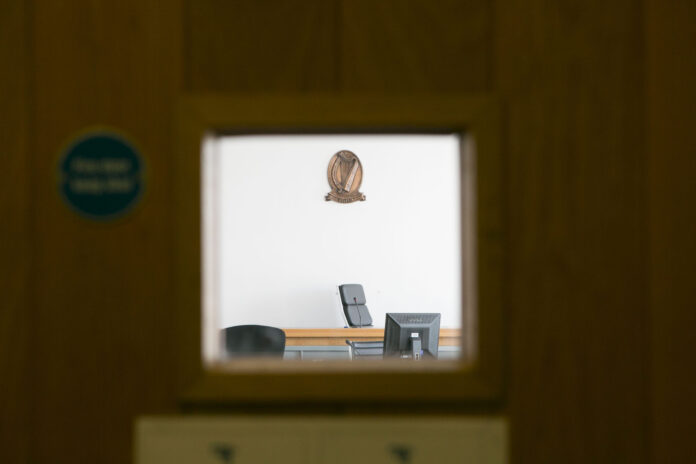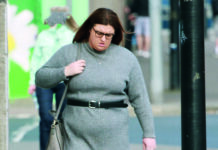
A MARRIED farmer gave a vulnerable younger man €150 in cash after allegedly anally raping him and telling him he wasn’t able to have sex with his own wife, the Central Criminal Court, siting in Limerick, heard.
The accused, who cannot be named for legal reasons, had pleaded not guilty to a total of three offences, including two counts of anally raping the alleged victim and one count of engaging in a sexual act with a protected person who lacked the capacity to consent to the sexual act.
Opening the case, prosecuting barrister Fionnuala O’Sullivan said the alleged sex acts by the accused were revealed when the alleged victim made a disclosure to his GP in April 2019.
Gardaí were alerted on foot of thee serious allegations, and later conducted separate interviews with the alleged victim and the accused.
Ms O’Sullivan said that the alleged victim told Gardaí the accused told him he couldn’t have sex with his own wife before anally raping him on January 6, 2011.
Mr O’Sullivan (instructed by Lily Buckley, BL, and Aoife O’Halloran, Chief State Solicitors Office) told the court that the alleged victim told the accused “no”, and that he “didn’t want to do it”.
She said the alleged victim further alleged that the accused raped him again on April 7, 2019.
Outlining the second alleged rape, at the alleged victim’s home, Ms O’Sullivan said the alleged victim told Gardaí the accused told him he needed to do some exercises and removed his underwear.
Ms O’Sullivan said the alleged victim told Gardaí that the accused proceeded to rape him, “ejaculated on the floor”, and “left €150 in cash on a radiator”.
Ms O’Sullivan said the accused, in his interview with Gardaí, accepted that “some sexual activity” had occurred, but denied rape.
The accused, represented by senior defence counsel Mark Nicholas, instructed by barrister Liam Carroll and solicitor Sarah Ryan, denies all the charges.
Ms O’Sullivan told the sworn-in jury that the accused does not have to prove anything and is presumed innocent.
The prosecuting barrister said the prosecution’s job is to prove its case against the accused “beyond a reasonable doubt”.
“If you have a doubt, you have an obligation to acquit the accused,” she told the jury.
The trial, before Ms Justice Mary Ellen Ring, continues this Tuesday and is expected to last up to two weeks.









